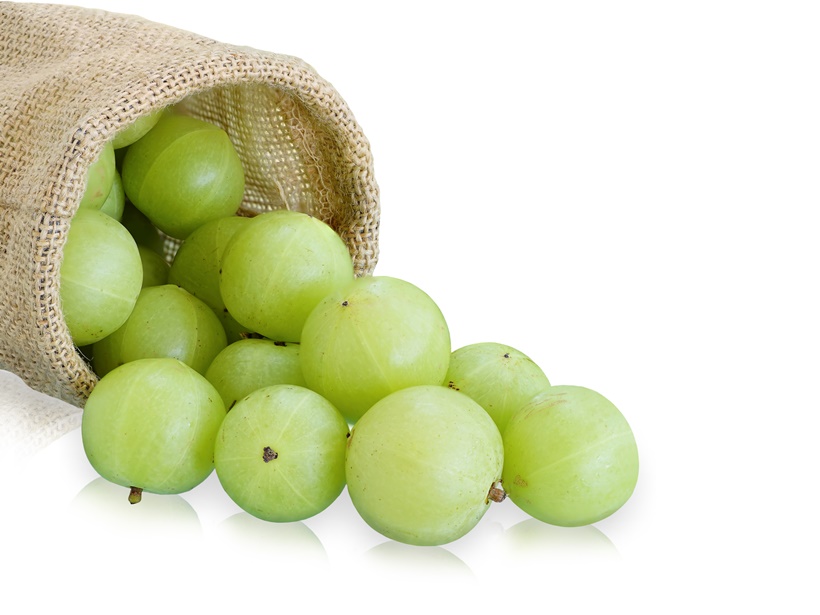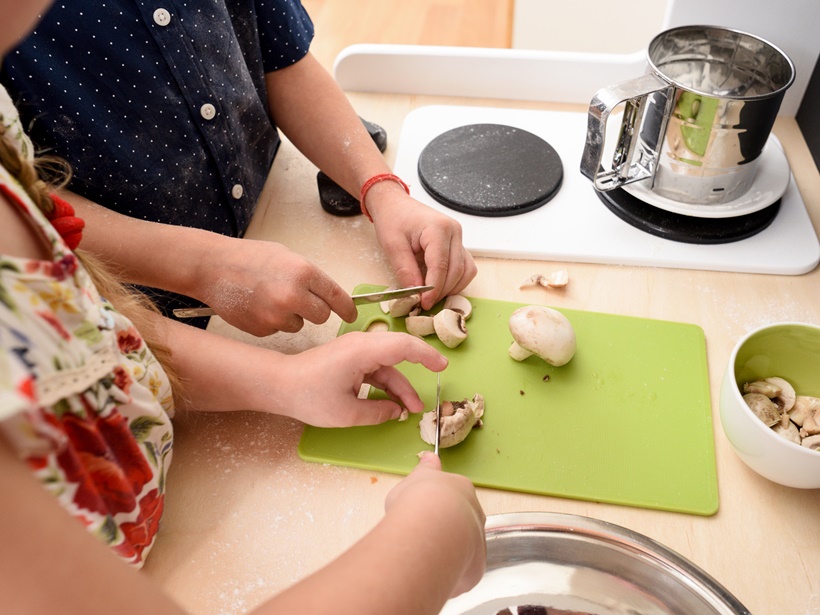10 immunity boosting foods that don’t cost a bomb

Make these local, inexpensive foods a part of regular family meals for growing children and to prevent age-related health issues.
By Kavita Devgan
‘What exactly is immunity? You cannot feel immunity or see it. You can’t take its pulse or its temperature. However, it is extremely important for our well-being. lt is the body’s ability to protect itself from foreign invaders like viruses, disease and infection. It is a system that is constantly patrolling our body to detect and destroy infectious microbes.
Fortunately, most of us are born with optimal immunity. Unfortunately though, as we age, due to environmental assaults and our less-than-perfect lifestyles, our immunity becomes rusty at first and then slowly gets depleted. That is why it is important to keep fortifying our immune systems. The good news is that you don’t need to spend big bucks to do this. You only have to include these ten local, totally inexpensive foods regularly in your diet to boost your immunity, without cutting a hole in your pocket.
Amla: This humble, inexpensive food is actually the richest natural source of vitamin C. It is a versatile and powerful antioxidant and clue to its antibacterial and astringent properties, it helps the body fight against various infections—thus, making the immune system stronger.


Flaxseeds: Flaxseeds were revered earlier and for good reason. They contain alpha—linolenic acid, omega—3 fatty acid and phytoestrogens called lignans—all these ingredients are important in modulating the response of our immune system.
Lemons: Lemons are the ideal food for restoring acid-alkali balance. It helps maintain the body’s internal ‘climate’ at a pH that supports healthy bacteria instead of the viruses and harmful bacteria which thrive in a more acidic environment.
Carrots: Bugs Bunny rarely came down with the flu, and there is a reason why. Carrots, his food of choice, contain loads of beta-carotene, which gets converted into vitamin A in the body, a powerful phytonutrient that boosts the immune system’s production of infection fighting natural killer cells and T cells. It also contains vitamin B6 which boosts the production of antibodies. So gajar ka halwa, anyone?
Jamun: Munching on fresh jamuns during summers was earlier pretty much a given. Not so much anymore, unfortunately. Time to begin snacking on it again as there is a good amount of vitamin C and other antioxidants in this fruit, which can help stimulate the production of white blood cells and boost our immune system.
Barley: This grain that has all but disappeared from our kitchens needs to make a comeback. It contains beta-glucan, a type of fibre with potent antimicrobial and antioxidant capabilities. It boosts immunity, speeds healing, and helps antibiotics work better. It also has selenium, a trace mineral that is difficult to find and one that has a powerful positive effect on our immune system.
Chickpeas: Khatte chole was a delicacy everyone looked forward to every week in most Indian households. Chickpeas provide a lot of antioxidants and mineral zinc that helps to control inflammation in your body. Zinc deficiency is, in fact, a major concern leading to lowered immunity, as it plays an important role in the function of the T cells, natural killer cells and lymphocytes, which are some of the power houses of our immune system.


Garlic: A clove or two of garlic every morning was a norm earlier. Garlic is high in antioxidants and stimulates the activity of ‘natural killer cells’, a key element of the immune system that destroys free radicals and viral-infected cells. Garlic also contains sulphur which can actually assist your body with zinc absorption. This is why it is a good idea to always add some garlic while cooking chickpeas.
Sweet potato: There’s a reason why shakarkandi ki chaat was so popular earlier. Shakarkandi or sweet potato is high in vitamin C, which is a brilliant antioxidant and also delivers a lot of vitamin A, an ace immunity-boosting vitamin. ln fact, one medium sweet potato provides your body with the complete recommended daily allowance of vitamin A.
Mushrooms: This food was perhaps not a part of your traditional food platter, but it makes sense to include it now. These are one of the rare food sources of vitamin D, which is essential for good immunity Also, they increase the production of cytokines in the body, the cells that help fight off infection. They also contain polysaccharides, which are compounds that support the immune system.
(Excerpted with permission from Ultimate Grandmother Hacks by Kavita Devgan, published by Rupa Publications.)
Source: Read Full Article




